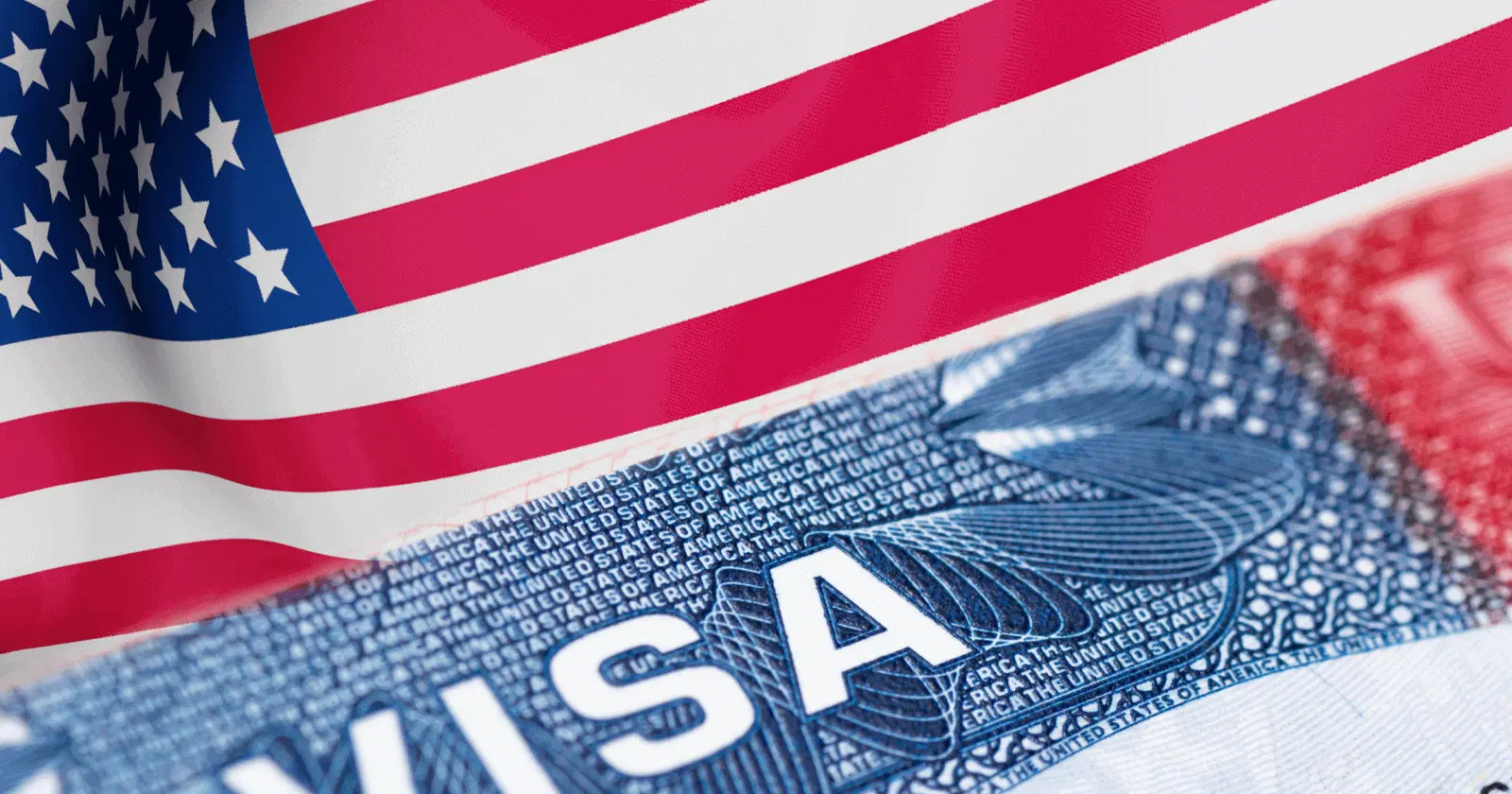On July 10, 2025, the Nigerian Presidency, through Special Adviser Bayo Onanuga, refuted U.S. claims that Nigeria halted its 5-year multiple-entry non-immigrant visa policy for American citizens, which the U.S. cited as justification for imposing stricter visa restrictions on Nigerians. Onanuga clarified that Nigeria continues to offer U.S. citizens 5-year multiple-entry visas, while its 90-day single-entry e-visa, introduced to replace the inefficient visa-on-arrival system, targets short-term tourists and business travelers with a 48-hour online approval process. The Presidency criticized the U.S. for misrepresenting the situation, arguing that the new U.S. policy—limiting Nigerian non-immigrant, non-diplomatic visas (e.g., B1/B2, F, J) to single-entry, three-month permits—violates principles of reciprocity and equity. Nigeria expressed readiness to engage diplomatically with the U.S. to resolve the issue, emphasizing its commitment to bilateral agreements and promoting trade, tourism, and investment through the e-visa system, which the U.S. has not reciprocated.
The U.S. policy shift, effective July 8, 2025, aligns with the Trump administration’s broader immigration crackdown, including a new $250 Visa Integrity Fee set to take effect in 2026 under the One Big Beautiful Bill Act, signed on July 4. This fee, alongside additional surcharges like a $24 I-94 fee and $13 ESTA fee, targets non-immigrant visa applicants and will adjust annually for inflation. The restrictions follow warnings of potential travel bans on Nigeria and 35 other countries, raising concerns among Nigerian students and professionals, given the 13.5% increase in U.S.-bound Nigerian students in 2024. While immigration lawyer Godwin Oke viewed the U.S. move as a standard reciprocity adjustment, Chief Sunny Onuesoke supported it as a call for Nigeria to address internal issues like healthcare to curb migration. However, domestic critics, including the African Democratic Congress, may leverage the visa spat—alongside Nigeria’s exclusion from a recent U.S.-Africa summit and economic challenges like 20.2% inflation—to fuel anti-Tinubu sentiment ahead of 2027.

Leave a Reply